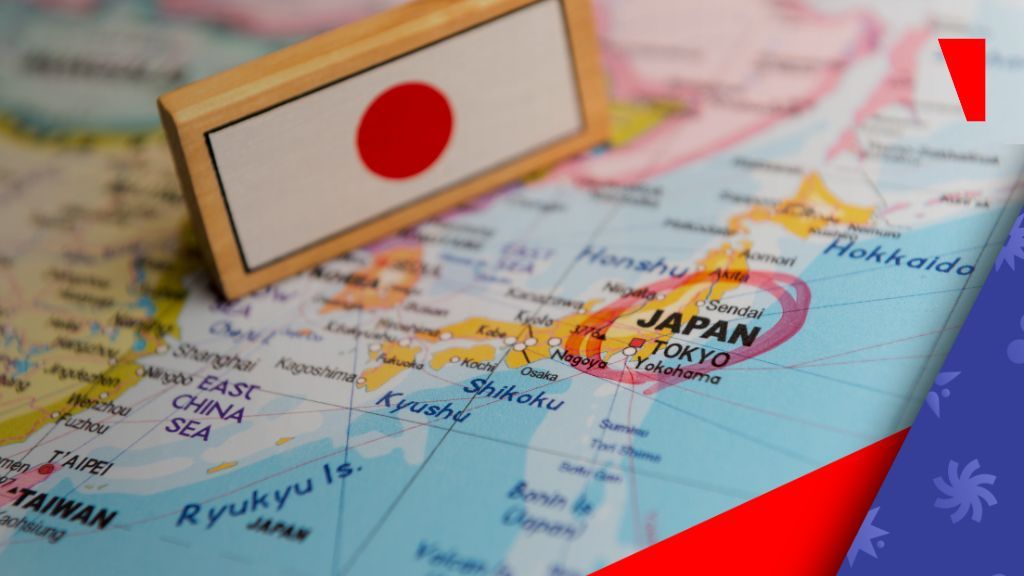Japan’s local governments are preparing for a potential second round of bids to host integrated resorts (IRs), after signals from the national government that the application process may be reopened as early as 2026. According to local media sources, the prefectures of Hokkaido and Nagasaki are mulling a fresh effort.
Kyodo News reported that Japanese authorities are “considering implementing a survey to all the prefectures (47) and the ordinance-designated cities (20) regarding whether they are interested in having an IR or not.” Under Japan’s casino liberalisation framework, local governments are the entities eligible to apply for hosting an IR.
The media outlet added that if local governments indicate interest, the Japan Tourism Agency, part of the Ministry of Land, Infrastructure, Transport and Tourism, “should launch another application window.” The timing of this window will be determined by a cabinet order, following a period of public consultation and consideration of political conditions.
Hokkaido updates its IR policy
Hokkaido, which opted out of the first round of IR applications in 2019, is now signalling renewed interest. Governor Naomichi Suzuki announced at a press conference that the prefecture would present “an outline of revisions to ‘the basic stance on IR of Hokkaido prefecture’ – made in calendar year 2019 – to the prefectural assembly in the session that will start in November.”
The revised policy will cover multiple issues, including “online casino and gambling addiction issues, the economic effect of an IR, functions in an IR facility, size of an IR, sustainable business operation, and advantages/disadvantages” of hosting a casino complex. Governor Suzuki stated: “At the same time, the prefecture will go ahead with establishing a Hokkaido IR concept and making requests to the [national] government. The prefecture has put the IR policy in the Hokkaido Comprehensive Plan. Therefore, the prefecture is going to work on the IR policy accordingly.”
Some Hokkaido cities, including Hakodate, have shown interest in the idea, though local officials admit that financial and logistical hurdles remain. In September 2025, Hakodate Mayor Jun Oizumi said the city is ‘in no position’ to move forward with a bid right now. He said it was “natural” for a tourism-focused city like Hakodate to be drawn to such opportunities, but added that there are still no concrete plans to take the proposal forward.
Conversely, Tomakomai, an industrial port city previously shortlisted in Hokkaido’s 2019 IR considerations, has reaffirmed its willingness to lead the prefecture’s bid when the national government reopens the process. Mayor Suguru Kanazawa said local authorities are “willing” to collaborate with nearby municipalities to strengthen support for a future bid.
Nagasaki maintains interest
Nagasaki prefecture, which had applied in the first round but was turned down because of funding uncertainties, continues to show interest in hosting an integrated resort. In November 2024, Governor Kengo Oishi said that Nagasaki had received a survey from national authorities about interest in hosting an IR, showing that the prefecture is still keen to explore future opportunities despite its earlier setback.
Political changes and potential impact
Japan is in the midst of a political transition following the resignation of Prime Minister Shigeru Ishiba on 7 September 2025. Sanae Takaichi was elected leader of the ruling Liberal Democratic Party on 6 October 2025 and is expected to become Japan’s first female prime minister. Analysts suggest that the new administration could influence the timing and approach of the second IR application round.
First-round developments
Only one IR has been approved from the first-round applications: MGM Osaka, a collaboration between MGM Resorts International and Japan’s Orix Corporation, with contributions from other domestic companies. Osaka’s total investment is now expected to reach JPY1.51 trillion (approximately US$10.04 billion), up from initial estimates, and the project is scheduled to open in 2030.
With Japan’s casino law allowing up to three IR licences, one or two more projects are possible. Local governments like Hokkaido and Nagasaki are now getting ready for the next round, taking a close look at the potential economic benefits, social impact, and practical challenges of hosting an IR.
Preparing for the next step
Kyodo News noted that the government will launch public consultations before officially setting the application window. In June 2025, Naoya Haraikawa, commissioner of the Japan Tourism Agency, had indicated that the next round “should not be far off.”
As preparations continue, attention will focus on how Hokkaido, Nagasaki, and other interested regions frame their bids, balancing economic benefits against social concerns such as gambling addiction and sustainability, in the evolving Japanese casino landscape.
Asia’s undisputed regional heavyweight lands in Manila, 01–03 June 2026. Backed by PAGCOR and powered by 16,000 delegates, SiGMA Asia delivers two levels of game-shaping influence. If you’re serious about the region, this is the room for you.


AloJapan.com